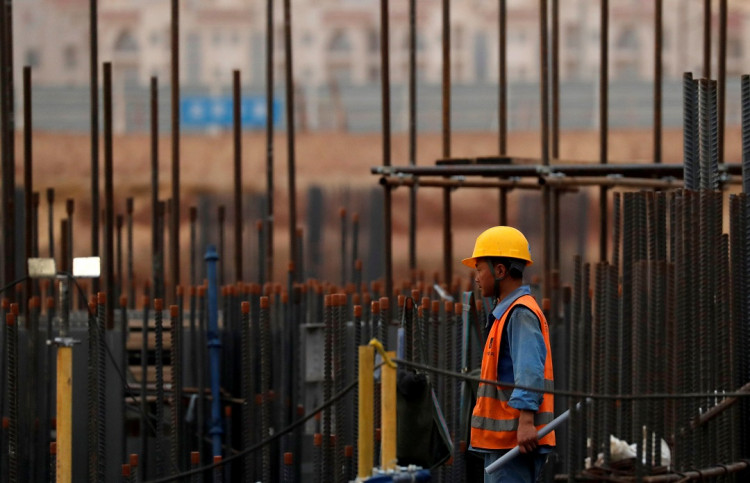As the US-China trade war continues, the job market in Hong Kong is expected to take a huge hit in the coming months. According to headhunters in the city, companies are now more reluctant to take in new employees following fears of massive profit losses brought about by the new round of tariffs on Chinese goods.
The major businesses that will likely be the most affected will be those in the manufacturing, freight, and export sectors. If the two nations continue their squabble and do not reach a truce within the next few months, these sectors will stand to lose quite a bit of their market capitalization.
Fortunately, technology providers and financial services firms will most likely remain unaffected, thanks to a slew of government incentives and the recent boom in investments in the Greater Bay Area development project.
The project to connect Hong Kong, Macau and major mainland cities into a new technology hub has the added benefit of getting major top-down funding from the government and global investors. This should offset the effects of the tariffs on technology and financial services firms as more skilled professionals will be needed for the project to prosper.
KPMG, an executive search, and recruitment firm, revealed that in recent months, most companies have chosen not to make big strategic moves in lieu of the trade situation. This apparently included getting new recruits, which have been mostly placed on hold at the moment.
Despite this, the employment outlook for the rest of the year still remains positive. Most of the major companies in the city have remained profitable as only a small number of export businesses have been negatively affected by the recently imposed tariffs.
However, if the trade war continues or escalates, its effects may trickle down to other businesses and ultimately to consumers. When this happens, businesses around Hong Kong may be left with no other choice but to shrink down their recruitment.
Companies related to the transport of retail good through the city's container terminals are already feeling the effects of the levied tariffs. These companies are now reviewing their respective recruitment plans for the year, taking into account the cost of the tariffs in calculating their prospective profits.
This could also result in a number of measures that will adversely affect employee benefits such as pay raises and bonuses. When worst comes to worst, companies may opt to hire temporary staff members instead of permanent recruits.






